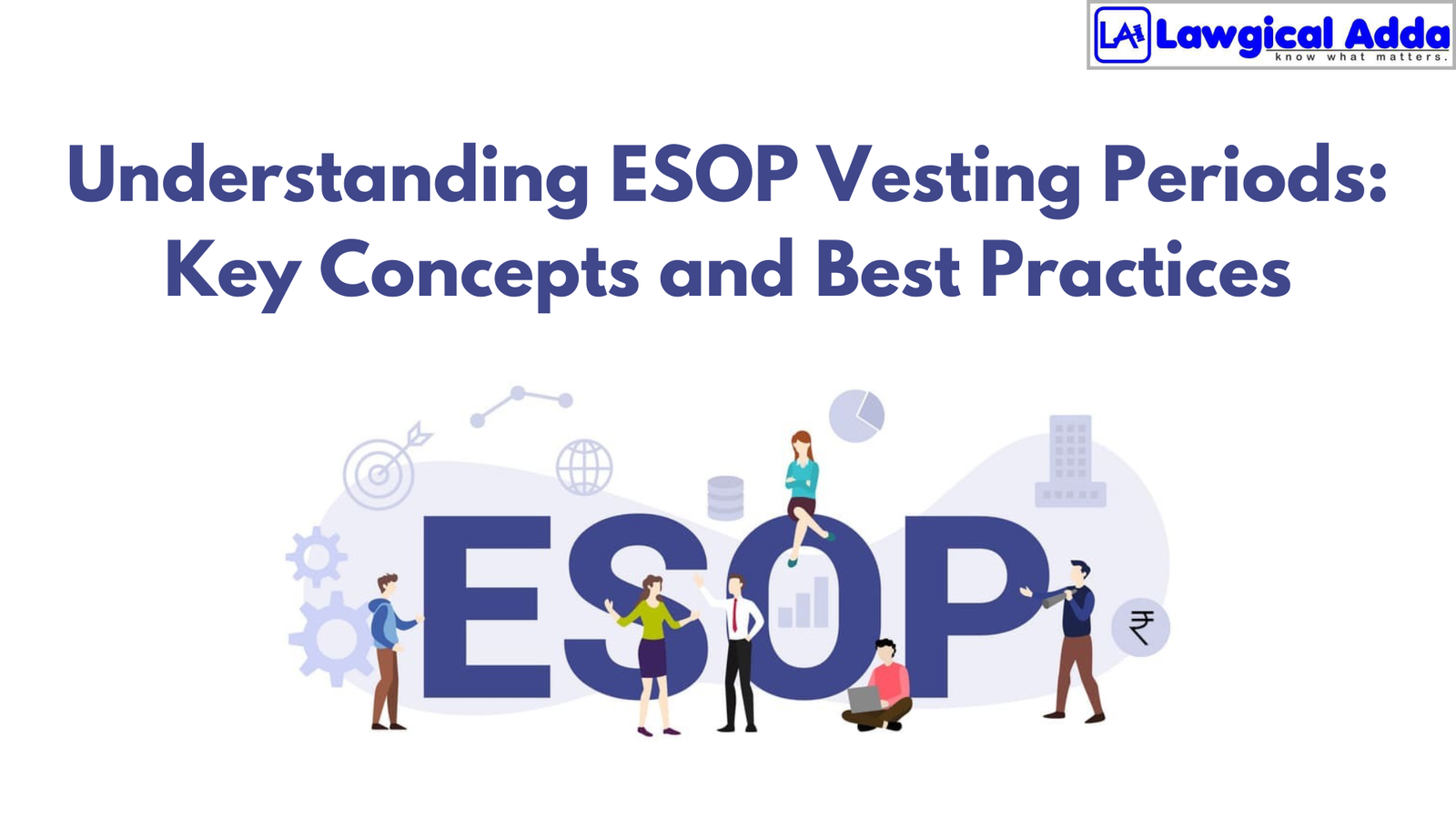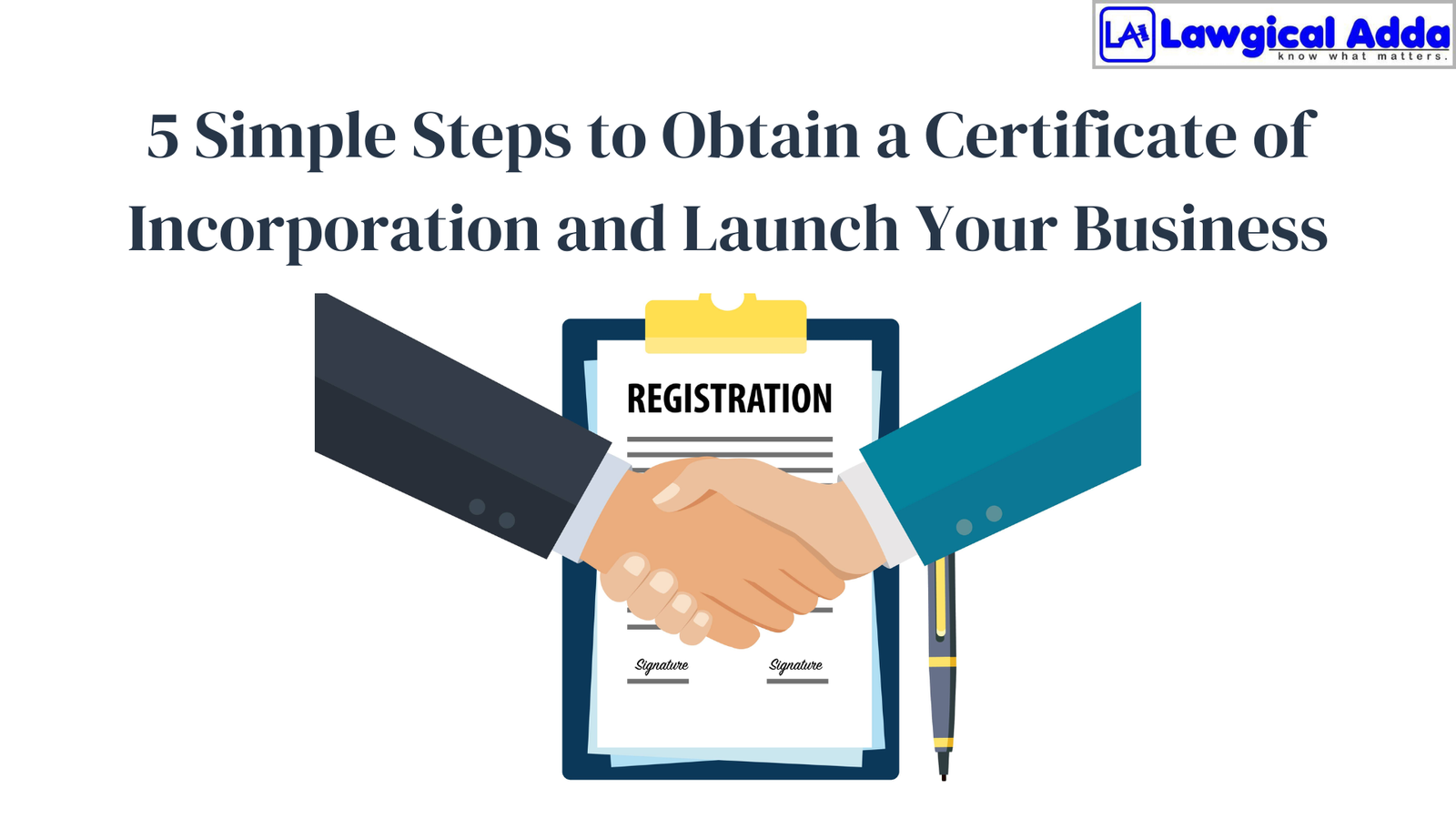Understanding ESOP Vesting Periods: Key Concepts and Best Practices

Table of Contents
Introduction
The employee does not receive any benefits from the share in firm ownership until the vesting period has elapsed in ESOP plans with vesting periods. An employee is prohibited from exercising the options provided by the ESOP plan if they resign from their position prior to the expiration of the ESOP vesting period.
This article delves into the diverse aspects of the ESOP vesting period, including its definition and necessity, as well as its diverse options.
A Closer Examination of Vesting Periods
The vesting period in an ESOP is the period from the date of issuance of the ESOPs until the employees with ESOPs are granted access to the rights associated with their stock options.
ESOPs typically have vesting periods of at least one year, although they may extend to five years or more. In order to gain a more comprehensive understanding of the vesting period in ESOPs, let us examine an example.
Suppose that your employer grants you ESOPs, which entitle you to acquire 100 shares of the company at a grant price of Rs. 50 after a three-year vesting period. At the conclusion of this period, you will have the option to exercise your ESOP, contingent upon the current market price of the company’s equities. For further clarification, refer to the two scenarios listed below.
Scenario 1: The company’s share price is ₹80 at the conclusion of the vesting period.
Thanks to your ESOPs, you are entitled to acquire 100 shares at a significantly reduced price of ₹50. Therefore, you have the option to exercise your right to invest in the company at a relatively reduced cost at the conclusion of the vesting period.
Scenario 2: The company’s share price is ₹25 at the conclusion of the vesting period.
The market price is less than the grant price of ₹50 in this instance. Therefore, you may delay exercising your stock option until the market price surpasses the grant price.
What Is The Distinction Between The Restriction Period And The ESOP Vesting Period?
The restriction period is a period of time during which an employee is forbidden from trading their shares or options. This restriction is only applicable after the employee has completely vested in the shares. During the vesting period, the employee just received the shares and has no legal entitlement to sell them, as he does not yet have full ownership.
Are there any additional criteria for the vesting of shares in addition to the ESOP vesting period?
The vesting period is a waiting period or a minimum term of service during which the employee must compelfully participate in the business before their shares vest. However, the requirement for share vesting is not limited to a minimum employment duration.
In certain ESOP plans, the employee is granted immediate access to the shares or options in exchange for achieving specific performance standards or a predetermined objective.
What is the significance of the vesting period?
There are numerous reasons why the vesting period in ESOPs is significant. Employees may only exercise their ESOPs provided that they continue to be employed by the organization until the vesting period concludes.
Therefore, the vesting period serves to motivate employees to remain with the organization for a designated duration.The vesting period is also advantageous for employees in numerous respects.
It enables them to maintain their investment in the stocks for an extended duration, as opposed to merely exercising their right on the issue date. In general, ESOPs promote a sense of belongingness and ownership within the firm, which in turn enhances productivity.
Conclusion
In summary, it is imperative for employees who have been granted ESOP shares to comprehend the vesting period in Employee Stock Option Plans (ESOPs). The vesting period is the period during which employees are granted access to the privileges associated with their stock options.
The vesting period, which typically spans from one to five years, is designed to promote talent retention and offer employees the chance to maintain their investment in the company’s equities.
Not only do employee stock ownership plans (ESOPs) provide employees with the opportunity to acquire company shares at a discounted price, but they also promote a sense of ownership and increase productivity.
Focus on what you do the best! Let Lawgical Adda handle the rest. Choose our services for easy winding-up, restructuring and surrendering of documents. Contact us today!
For more in-depth insights and detailed information on various legal topics, follow Lawgical Adda. Stay updated with the latest articles, expert analyses, and practical advice on corporate law, company regulations, and much more. Join our community and enhance your legal knowledge today!







